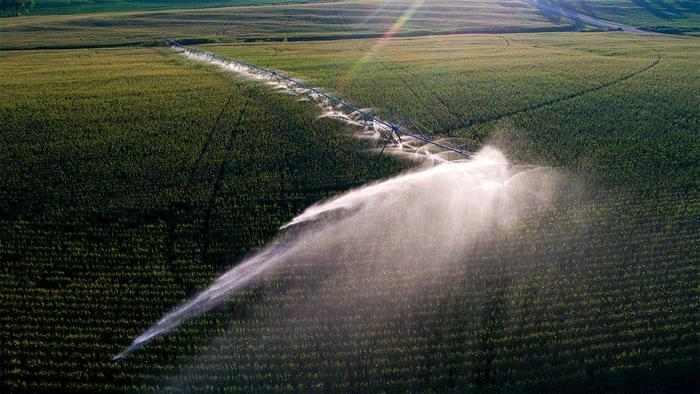How can the increased threat of drought and drier conditions from climate change impact groundwater (aquifer) usage, and ultimately, food production? This is what a recent study partially funded by the U.S. Department of Agriculture and published in Nature Water hopes to address as a team of researchers led by the University of Nebraska-Lincoln investigated how decreasing aquifer levels result in irrigation challenges for farmers now only in the United States but throughout the world.
This study holds the potential to help scientists, farmers, and policymakers better understand the appropriate steps to manage irrigation levels as climate change continues to lead to increased drought and drier environmental conditions across the globe.
“In terms of things that let you address food security under extreme conditions — in particular, drought and climate change — we really can’t do without irrigation,” said Dr. Nick Brozović, who is a professor of agricultural economics at the University of Nebraska–Lincoln and a co-author on the study. “If we want to feed the world with high-quality, nutritious food and a stable food supply, we need to irrigate.”
